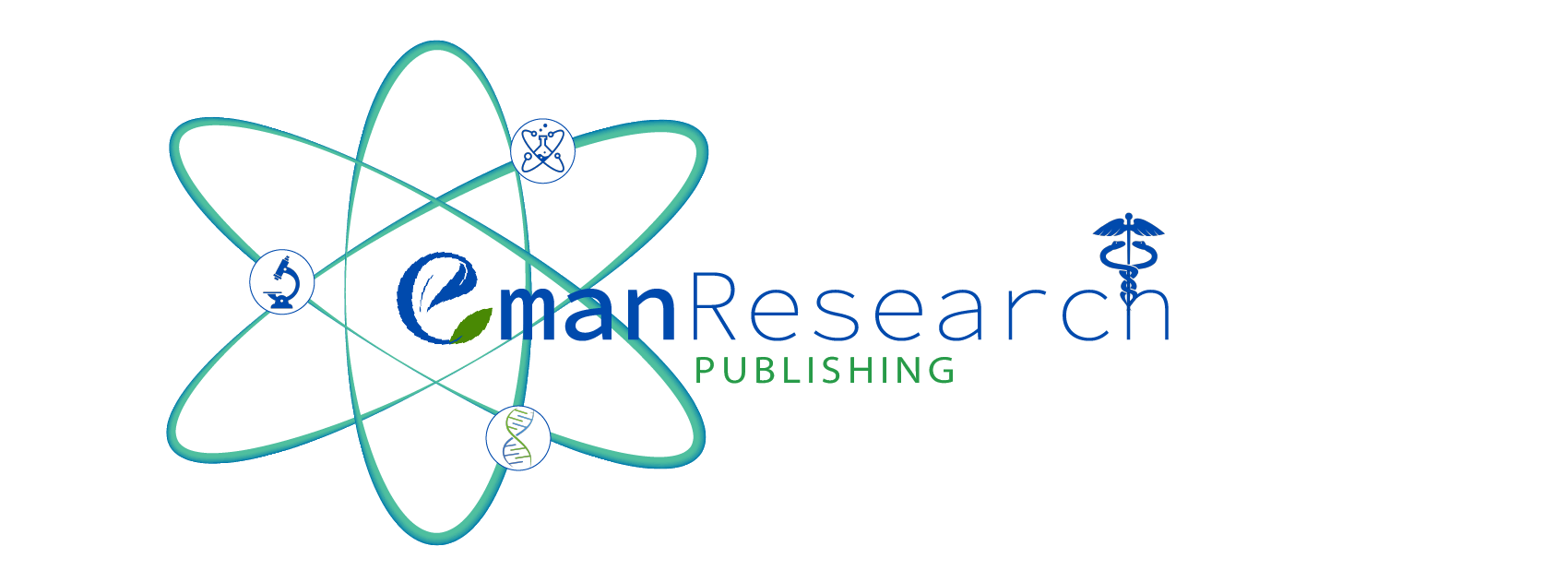Cat Whiskers Herb, the herb that is Purrr..fect for your Health
Amin Malik Shah Abdul Majid a, b *
Australian Herbal Insight 1(1) 001-003 https://doi.org/10.25163/ahi.110001
Submitted: 07 February 2018 Revised: 19 April 2018 Published: 20 April 2018
It is used in both Traditional Chinese medicine and Indian Ayurvedic medicine and widely used to treat high blood pressure, diabetes and inflammatory joint conditions such as gout and rheumatoid arthritis.
Abstract
Consumed widely in Indonesia and South East Asia, cat whiskers herb also popularly known as Java tea is commonly brewed as a tea for its revered medicinal properties. The herb has its origins from the oceanic region and was made popular to the West in early 20th century. Cat whiskers herb is native in the tropical region of Australia and can be found in South East Asia and also certain parts of India. The plant belongs to the mint family and it owes its name to its flower which has long protruding stamens resembling cat's whiskers. Its beautiful white and purple flowers and the ease to grow makes it a favorite amongst avid gardeners. Its scientific name is Orthosiphon stamineus. It is also commonly referred as Orthosiphon aristatus.
References
Akowuah GA, Zhari I, Norhayati I, Sadikun A, Khamsah SM. (2004). Sinensetin, eupatorin, 3'-hydroxy 5, 6, 7, 4'-tetramethoxyflavone and rosmarinic acid contents and antioxidative effect of Orthosiphon stamineus from Malaysia. Food Chem, 87:559–566. https://doi.org/10.1016/j.foodchem.2004.01.008
Alshawsh MA, et al. (2012). Free radical scavenging, antimicrobial and immunomodulatory activities of Orthosiphon stamineus. Molecules.https://doi.org/10.3390/molecules17055385
Dhamraa Waleed Ahmed. (2017). Tumor angiogenesis and its current treatments: a short review, 1(1), pages 04-047. https://doi.org/10.25163/angiotherapy.11001121108100517
Ismail S, et al. (2010). Effects of Andrographis paniculata and Orthosiphon stamineus extracts on the glucuronidation of 4-methylumbelliferone in human UGT isoforms. Molecules.https://doi.org/10.3390/molecules15053578
Md Shamsuddin Sultan Khan. (2017). Why Interleukin 17A is the most Potential Next Generation Drug Target in Angiogenesis-mediated diseases. Angiotherapy, 1(1), pages 030-032. https://doi.org/10.25163/angiotherapy.11000671608100517
Mohamed B. Khadeer Ahamed, Abdalrahim F. A. Aisha, Zeyad D. Nassar, Jamshed M. Siddiqui, Z. Ismail, S.M.S. Omari, C.R. Parish & A. M. S. Abdul Majid. (2012). Cat's Whiskers Tea (Orthosiphon Stamineus) Extract Inhibits Growth of Colon Tumor in Nude Mice and Angiogenesis in Endothelial Cells via Suppressing VEGFR Phosphorylation, Nutrition and Cancer, 64:1, 89-99. https://doi.org/10.1080/01635581.2012.630160. PMid:22136553
Mohamed EA, et al. (2012). Potent α-glucosidase and α-amylase inhibitory activities of standardized 50% ethanolic extracts and sinensetin from Orthosiphon stamineus Benth as anti-diabetic mechanism. BMC Complement Altern Med.
https://doi.org/10.1186/1472-6882-12-176
Retinasamy T, Kumari Y, Othman I and Shaikh M. (2016). Orthosiphon stamineus improves disturbances of learning, recognition memory and spatial long-term memory in scopolamine-induced amnesia in rats. Front. Cell. Neurosci. Conference Abstract: 14th Meeting of the Asian-Pacific Society for Neurochemistry.
https://doi.org/10.3389/conf.fncel.2016.36.00189
Sriplang K, Adisakwattana S, Rungsipipat A, Yibchok-Anun S. (2007). Effects of Orthosiphon stamineus aqueous extract on plasma glucose concentration and lipid profile in normal and streptozotocin-induced diabetic rats. J Ethnopharmacol. 109(3), 510-4. https://doi.org/10.1016/j.jep.2006.08.027. PMid:17034971
Tezuka Y, Stampoulis P, Banskota AH, Awale S, Tran KQ, Saiki I, Kadota S. (2000). Constituents of the Vietnamese medicinal plant Orthosiphon stamineus. Chem Pharm Bull, 48, 1711–1719.https://doi.org/10.1248/cpb.48.1711
PMid:11086900
Van deer Veen, X.; Makubard, Th.M.; Zwazing, J.H. (1979). Pharmaceutisch Weekblad, 114, 965.
Vogelgesang B, et al. (2011). On the effects of a plant extract of Orthosiphon stamineus on sebum-related skin imperfections. Int J Cosmet Sci.https://doi.org/10.1111/j.1468-2494.2010.00581.x
Yam MF, Asmawi MZ, Basir R. (2008). An investigation of the anti-inflammatory and analgesic effects of Orthosiphon stamineus leaf extract. J Med Food. 11(2), 362-8.https://doi.org/10.1089/jmf.2006.065. PMid:18598181
View Dimensions
View Altmetric
Save
Citation
View
Share


